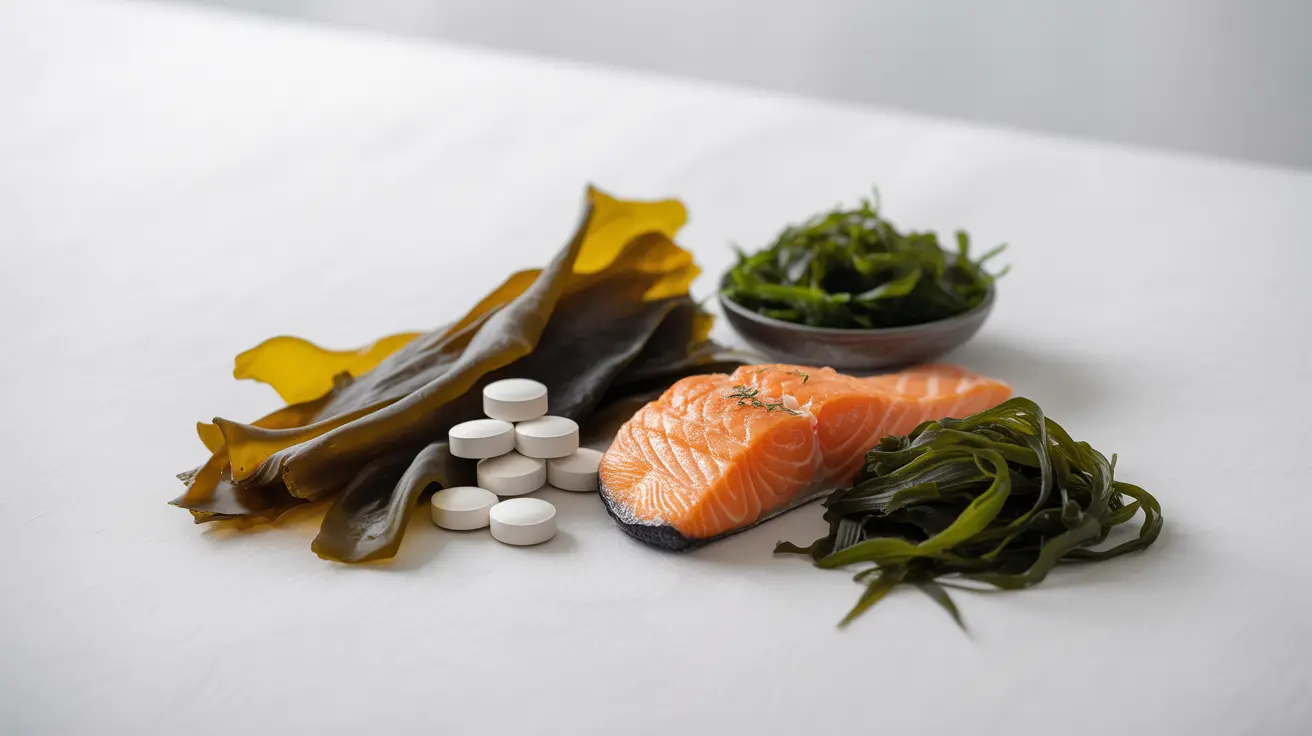Living with a pituitary tumor requires careful attention to your diet, as certain foods can influence hormone levels and potentially impact tumor-related symptoms. Understanding which foods to avoid and making informed dietary choices can play a supportive role in managing your condition and maintaining overall well-being.
This comprehensive guide explores dietary considerations for individuals with pituitary tumors, focusing on foods that may affect hormone balance and inflammation. We'll also discuss how to develop a sustainable eating plan that supports your health during treatment.
Understanding the Impact of Diet on Pituitary Health
The pituitary gland plays a crucial role in hormone regulation, and what you eat can influence its function. Making informed dietary choices becomes especially important when managing a pituitary tumor, as certain foods may affect hormone production and tumor-related symptoms.
Sugar and Refined Carbohydrates
Refined sugars and processed carbohydrates can have significant effects on hormone balance and inflammation in the body. These include:
- White bread and pastries
- Sugary beverages and sodas
- Candy and confectionery
- Processed snack foods
- White rice and refined pasta
These foods can cause rapid blood sugar fluctuations, potentially affecting hormone levels and increasing inflammation throughout the body. Choosing complex carbohydrates instead can help maintain more stable blood sugar levels.
High-Fat and Processed Foods to Limit
Certain types of fats and processed foods may contribute to inflammation and hormone imbalances. Consider reducing intake of:
- Processed meats (bacon, sausages, deli meats)
- Deep-fried foods
- Trans fats and partially hydrogenated oils
- Excessive saturated fats
- Packaged snack foods
Foods That Support Pituitary Health
While focusing on foods to avoid, it's equally important to include beneficial foods in your diet:
- Fresh fruits and vegetables
- Lean proteins
- Healthy fats from sources like avocados and olive oil
- Whole grains
- Anti-inflammatory herbs and spices
Special Dietary Considerations During Treatment
During pituitary tumor treatment, additional dietary considerations may apply. Work with your healthcare team to address:
- Food safety during immune system compromise
- Medication interactions with certain foods
- Specific nutritional needs based on your treatment plan
- Timing of meals with medication schedules
Working with a Registered Dietitian
A registered dietitian can help create a personalized eating plan that considers your:
- Specific type of pituitary tumor
- Current treatment protocol
- Individual nutritional needs
- Food preferences and lifestyle
- Other health conditions
Frequently Asked Questions
What foods should I avoid if I have a pituitary tumor to reduce inflammation and hormone imbalance?
Foods to avoid include refined sugars, processed carbohydrates, trans fats, and excessive saturated fats. These can contribute to inflammation and potentially affect hormone balance.
How does eating added sugar and refined carbohydrates affect pituitary tumor symptoms and hormone levels?
Added sugars and refined carbohydrates can cause rapid blood sugar fluctuations, which may affect hormone production and regulation. These foods can also increase inflammation in the body, potentially exacerbating symptoms.
Which processed and high-fat foods are best limited or avoided for managing pituitary tumors?
Processed meats, deep-fried foods, foods containing trans fats, and packaged snack foods should be limited. These items can contribute to inflammation and may interfere with hormone balance.
Are there specific food safety concerns or dietary restrictions during pituitary tumor treatment?
Yes, during treatment, you may need to follow specific food safety guidelines, especially if your immune system is compromised. Some medications may also interact with certain foods, requiring timing adjustments for meals.
How can I customize my diet with the help of a dietitian to support pituitary tumor management?
A registered dietitian can create a personalized eating plan that considers your specific tumor type, treatment protocol, nutritional needs, and food preferences while accounting for any other health conditions you may have.




